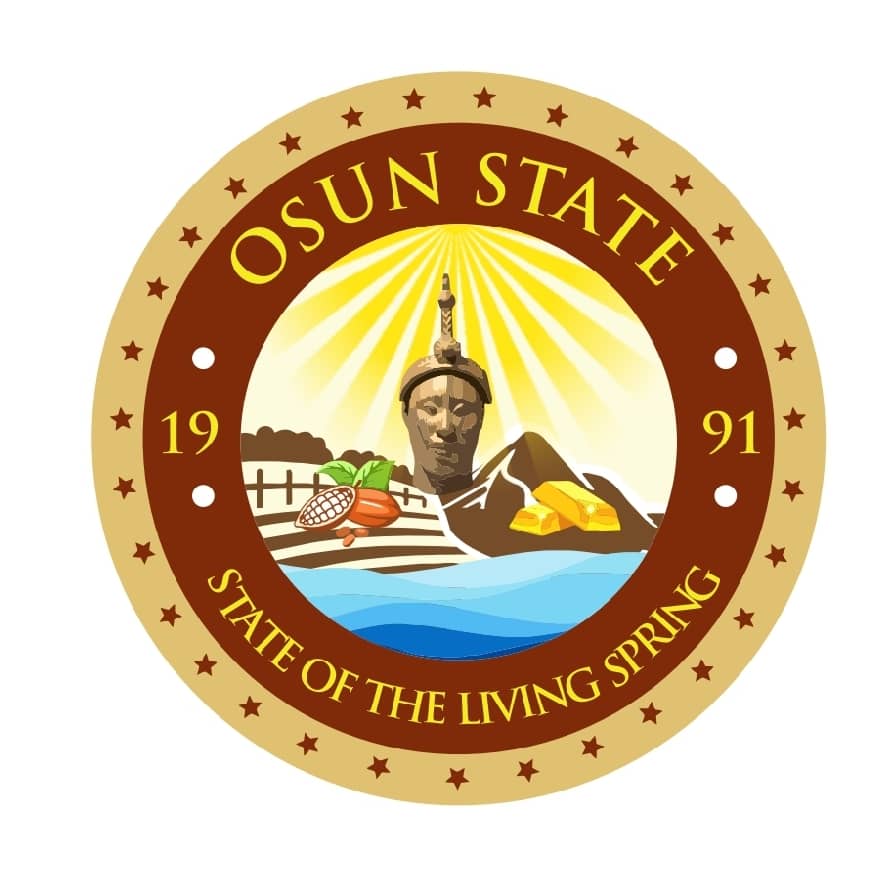Issues/Policy: CAMA And The Need For Caution


By Jide Afolabi
Since President Muhammadu Buhari signed into law, the Companies and Allied Matters Act (CAMA), 2020, on August 7, 2020, there have been hues and cries from different segments of the society. While the business community is hailing the reviewed law, the religious groups, particularly, of Christian faith have seen it as “satanic”; while the Civil Society groups described it as “repressive”, saying that some provisions are in conflict with the provisions of the Constitution of the Federal Republic of Nigeria, 1999 as amended. Same law; different reactions. Indeed, different strokes for different folks.
It is important to critically look at fundamental amendments made in the reviewed law which had hitherto lived for about thirty years without any amendment.
The Buhari-led government had been working assiduously to improve the ease of doing business in the country in recent times. This had helped to push up Nigeria’s ranking in the ease of doing business across the globe. The reviewed CAMA supports the Small and Medium Scale Enterprises (SMSEs).
In the new Act, the concept of “authorised share capital” has now been replaced in Section 27 of the Act with “minimum share capital”. With minimum share capital, promoter(s) of a business need not pay for shares that are not needed at a specific time. This would undoubtedly boost the SMSEs.
The new CAMA equally provides for electronic filing, electronic share transfer and e-meetings for private companies which was hitherto absent. Section 861 provides that Certified True Copies of electronically filed documents are admissible in evidence, with equal validity with the original documents while Section 176(1) provides that instruments of transfer of shares shall include electronic.
In view of the COVID-19 pandemic effect, which has made physical meetings almost impossible, the new CAMA takes care of this. It provides for remote or virtual general meetings, provided that such meetings are conducted in accordance with the Articles of Association of the company. Undoubtedly, this would facilitate participation at such meetings from any location within and outside the shores of the Nigeria and even at minimal costs.
The new CAMA has also removed the problem associated with the issue of procurement of a Common Seal as seen in Section 98. The previous Act made Common Seal mandatory, the use of which is to be regulated by the Articles of Association. This amendment is in line with international best practices as most jurisdictions around the world have expunged the requirement from their respective laws.
Other interesting areas are Section 223 (12), which reduces total fees payable to the Corporate Affairs Commission (CAC) for filing to 0.35% of the value of the charge. This is expected to lead to up to 65% reduction in the associated cost payable under the regime; while Section 849 provides for merger between two or more associations with similar aims and objects under such terms and conditions as may be prescribed by the Corporate Affairs Commission (CAC). More importantly is that the new Act introduces a framework for rescuing a company in distress and to keep it alive as against allowing such entity to become insolvent. Provisions were made with respect to Company Voluntary Arrangements (S.434 to S.442), Administration (S.443 to S.549) and Netting (S.718 to S.721).
On the other hand, as good as these new additions are, the religious bodies and some Civil Society Organisations believe that some sections infringe on fundamental human rights as enshrined in the CFRN. They believe that some provisions in the amended Act gives government discretionary powers to arbitrarily withdraw, cancel or revoke the certificate of any association, suspend and remove trustees, take control of finances of any association, and to merge two associations without their consent and approval of their members.
These key segments of our society believes that Sections 831, 839, 842, 843, 844 and 850 of the Act are repressive and inconsistent with Sections 36, 39 and 40 of the Constitution of Nigeria (1999) as amended. They also believe that these provisions in the new CAMA threaten and violate the rights to freedom of association, freedom of expression, peaceful assembly, privacy, property, and other human rights guaranteed under the Nigerian Constitution and international human rights treaties such as the International Covenant on Civil and Political Rights and the African Charter on Human and Peoples’ Rights to which Nigeria is a signatory.
Specifically, Section 831[i][ii], empowers the Corporate Affairs Commission (CAC) to treat any unregistered association as part of an already registered association, and without any lawful justifications whatsoever. The government also has the power to treat two or more associations as a single association on the pretext that the associations have the same trustees.
Also, Section 839[1] and [7] of the Act permits the Corporate Affairs Commission to unilaterally suspend and remove the trustees of any legally registered association, and to appoint an interim manager or managers to run the affairs of any such association, if the Commission reasonably believes that there is “misconduct, mismanagement, and fraud” in the association, or on the basis of “public interest” which is clearly undefined. This means that the government determines and decides what constitutes “public interest” in all cases. The exercise of the powers under section 839[1][7] is subject only to the approval of the supervisory Minister, which in itself a political appointee.
Equally, Sections 842, 843 and 844 empowers the Corporate Affairs Commission to regulate the finances of any association, and to take control and take over bank accounts lawfully belonging to legally registered associations under Part F of the CAMA 2020. This is one of the very many controversial provisions that the human rights community and religious bodies are contesting.
In the same vein, Section 850[2][e] empowers the Corporate Affairs Commission to unilaterally withdraw, cancel or revoke the certificate of registration of any duly and legally registered association.
From the foregoing, the newly signed Companies and Allied Matters Act, 2020, [CAMA 2020] has its good side; the ugly side; and the bad side. However, analyzing this law has reminded Nigerians of the infamous and inglorious Civil Society Regulation Bill that was killed by Nigerians at the public hearing few years ago under this same government.
It is indisputable that the ruling All Progressives Congress (APC) and the Buhari government is in trust deficit. This is occasioned by many failing promises in the areas of human capital development; security; economy and governance vis-à-vis infrastructural development. These promises have been considered a rape on the common intelligence of the governed who felt betrayed by the government they passionately supported.
We live in a country where government expects every citizen to be that poor woman who used her hair to clean Jesus’ feet as read in the Bible. They want everyone to worship them. They are chronically faithful to the Christian injunction which says that anyone that is neither cold nor hot would be purged out. You are either in support of the government or against it. Sitting on the fence amounts to capital punishment. Beyond this, does the state through the Corporate Affairs Commission have the human resources and expertise to manage a complex nation like ours with regards to the enormous power fraudulently accrued to them?
One could better imagine than experience a situation where perceived infraction is noticed with a religious body, for instance, an Islamic Society and the Trustees are dissolved, while a mixture of Christians and Muslims are appointed to administer such body or vice-versa. The consequences of this could be a national disaster. The timing itself is even wrong, considering the many challenges the nation is facing in terms of insecurity and a sharply polarized society along ethnic and religious divides.
Giving Registrar-General of the Corporate Affairs Commission and a supervising minister overbearing power to regulate religious bodies and non-governmental organizations is unacceptable to Nigerians. The law wields power to suspend the trustees of an association or a religious body and appoint an interim manager or managers to coordinate its affairs where it reasonably believes that there had been any misconduct or mismanagement, or where the affairs of the association are being run fraudulently or where it is necessary or desirable for the purpose of public interest. This is one of the many areas that Nigerians have issues with. An un-trusted government cannot enjoy the support of the people on issues of this nature and magnitude.
Regardless of the benefits of this law, any law that directly or indirectly threatens the rights to freedom of association, freedom of expression, peaceful assembly, privacy, property, and other human rights guaranteed under the Nigerian Constitution and international human rights treaties such as the International Covenant on Civil and Political Rights and the African Charter on Human and Peoples’ Rights to which Nigeria is a state party is unacceptable to Nigeria and even the international community; and as such, would be rejected by any right-thinking person.
However, the law should not be rejected outright. Yes, tempers are high but we must all calm down and do the needful. If Mr. President cannot immediately rescind the assent, the law should be sent back to the National Assembly for review. It is expected that when this is done, consultations would hold and public hearing would be conducted so as to allow various interest groups to make their inputs. This baby must not be thrown out with the bath water.
- Jide Afolabi wrote from Jos, Plateau State.










